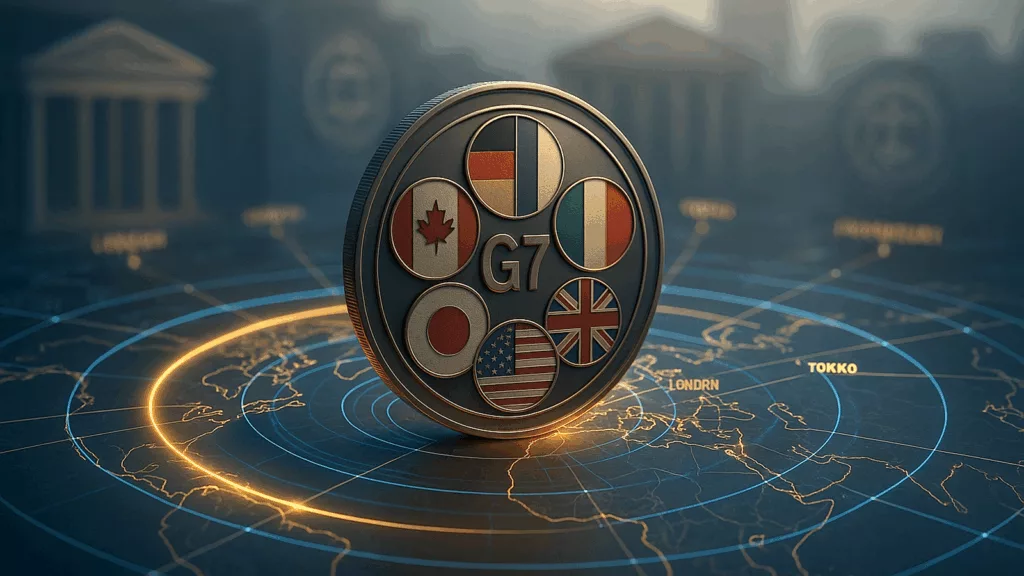- Banco Santander, Bank of America, Barclays, and BNP Paribas are part of the programme
- Deutsche Bank, Goldman Sachs, and MUFG Bank Ltd are also joining the collaborative effort
- Elaborate details on the initiative remain awaited for now
A group of international banks are coming together to experiment the issuance of stablecoins backed by the fiat currencies of the G7 nations. The aim is to explore if a new industry-wide digital assets offering to cater to the growing demand of advanced financial requirements across markets.
European banking giant BNP Paribas shared an official statement on this initiative on Friday, October 10. The Paris-headquartered bank said it will be joining Banco Santander, Bank of America, Barclays, BNP Paribas, and Citi in this stablecoin-focussed programme.
The group of G7 nations include Canada, France, Germany, Italy, Japan, the United Kingdom, and the United States. This means that currencies including Euros, Canadian dollars, Japanese yen, the Great Britain Pound, and the US dollar will get stablecoin spinoffs.
Newsletter
Get weekly updates on the newest crypto stories, case studies and tips right in your mailbox.
Deutsche Bank, Goldman Sachs, MUFG Bank Ltd, TD Bank Group and UBS have also been named as part of this collaboration.
“The group is in contact with regulators and supervisors in each relevant market and will continue to keep appropriate parties updated as the project progresses,” BNP Paribas noted.
Stablecoins are crypto assets that are pegged in 1:1 ratio with fiat currencies. Regions like the EU and the U.S. have levied regulatory guardrails over stablecoin issuance and usage. As of Friday, October 1- the valuation of the stablecoin market has hit $303.7 billion, data by DefiLlama showed.
More details on the situation remain awaited for now.
Interestingly, the move reflects a similar initiative that the BRICS nations have been looking to explore wherein a new digital token has been pitched for international settlements and reduce the dependence on the USD.
U.S. President Donald Trump has strongly criticized the move in the past and threatened the BRICS group with heightened taxes.













